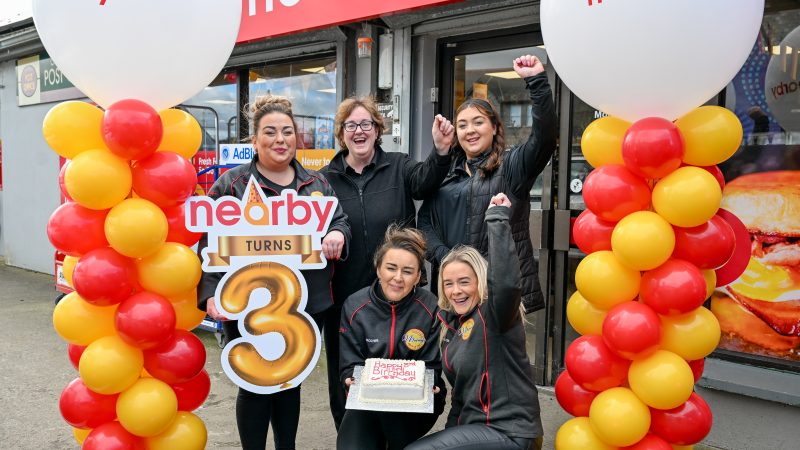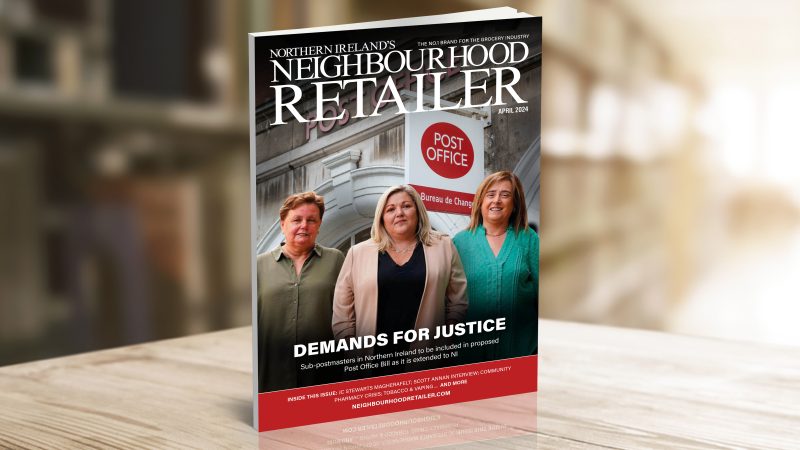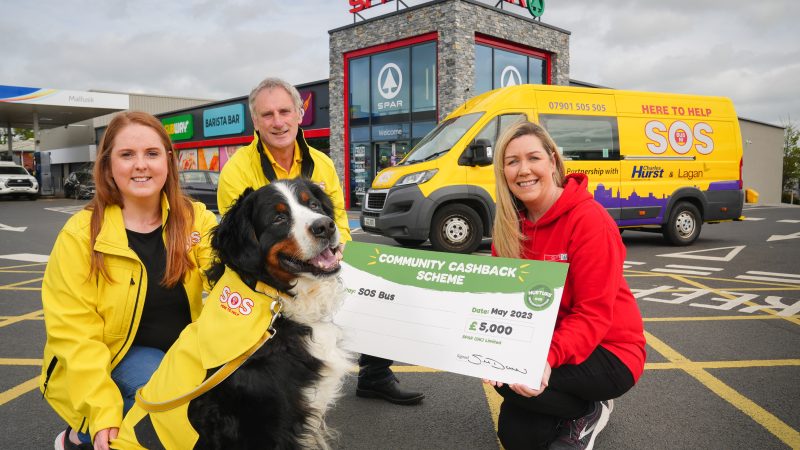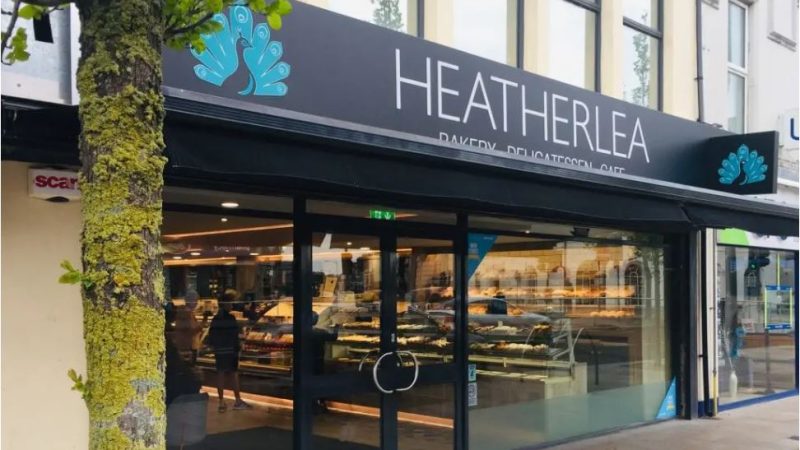Westminster candidates enter business leader lion’s den
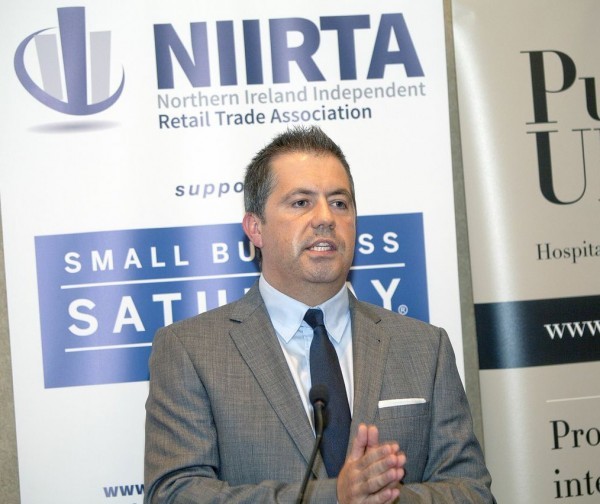
Local candidates hoping for victory in the looming General Election took a break from the door steps today to face tough questions from leading figures in NI business.
The Candidate Elevator Pitch at Deane’s restaurant in Belfast saw leading figures in NI’s retail and business sector hear three minute pitches from Alliance justice minister David Ford, the UUP’s minster for regional development Danny Kennedy, Mark Durkan from the SDLP, Sinn Féin’s Máirtín Ó Muilleoir, and the DUP junior minister Jonathon Bell.
Organised by the Northern Ireland Independent Retail Association (NIIRTA), the event was also a launch-pad for the association’s Retail First document, outlining a shopping list of policies to boost NI business.
Kicking off proceedings, NIIRTA’s chief executive Glyn Roberts said retail was “in danger of being lost” amid policies put forward by NI’s leading political parties.
“Retail is the largest private sector employer in Northern Ireland,” Mr Roberts said. “We are not going to sit back, and let retail become second best.”
The NIIRTA CEO also told the audience of around 60 that Northern Irish MPs were likely to play a pivotal role in determining which party sits in government after the May vote.
Making the first pitch, David Ford, who was standing in for the Alliance Party’s Naomi Long, said that although the devolution of corporation tax powers was important, his party would champion technical education skills and apprenticeships.
Mr Bell said that, given the current “parliamentary arithmetic”, Northern Ireland would “never get a better chance” to argue its case for better funding from Westminster, and that his party’s plan was to create 25,000 jobs by 2020 and continue to drive foreign direct investment.
City Deals, like those put forward for Aberdeen and Inverness, were the focus of Mark Durkan’s appeal for support, as the former SDLP leader said he would “listen” to the needs of business and advocate on their behalf.
Predictably, Danny Kennedy’s pitch centred on the need for better infrastructure, as he called for “better connectivity” between NI and Britain. He also took the opportunity to criticise Sinn Féin’s refusal to take their seats in Westminster.
Máirtín Ó Muilleoir’s call for an end to the economically-damaging civil disobedience seen at the flag protests two years ago may have been retaliatory, but the recently co-opted MLA and former Belfast Mayor’s suggestion that closed shops indicated a “damaged community” played well with the those in attendance.
Questions from the floor included the effect of Game of Thrones’ star Kit Harrington’s gentle criticism of Belfast, why anti-cigarette smuggling legislation was targeting retailers, and why plans to connect Belfast to Derry had been delayed for decades.
However, the prospective MPs were flummoxed temporarily by one questioner, who asked when would NI’s elections be fought primarily on economic grounds instead of tribal division.
Mark Durkan eventually summed up the responses by saying it was economic issues he was being pressed on by the public while canvasing. Jonathon Bell, meanwhile, said the DUP’s manifesto commitments centred on economic policy.


